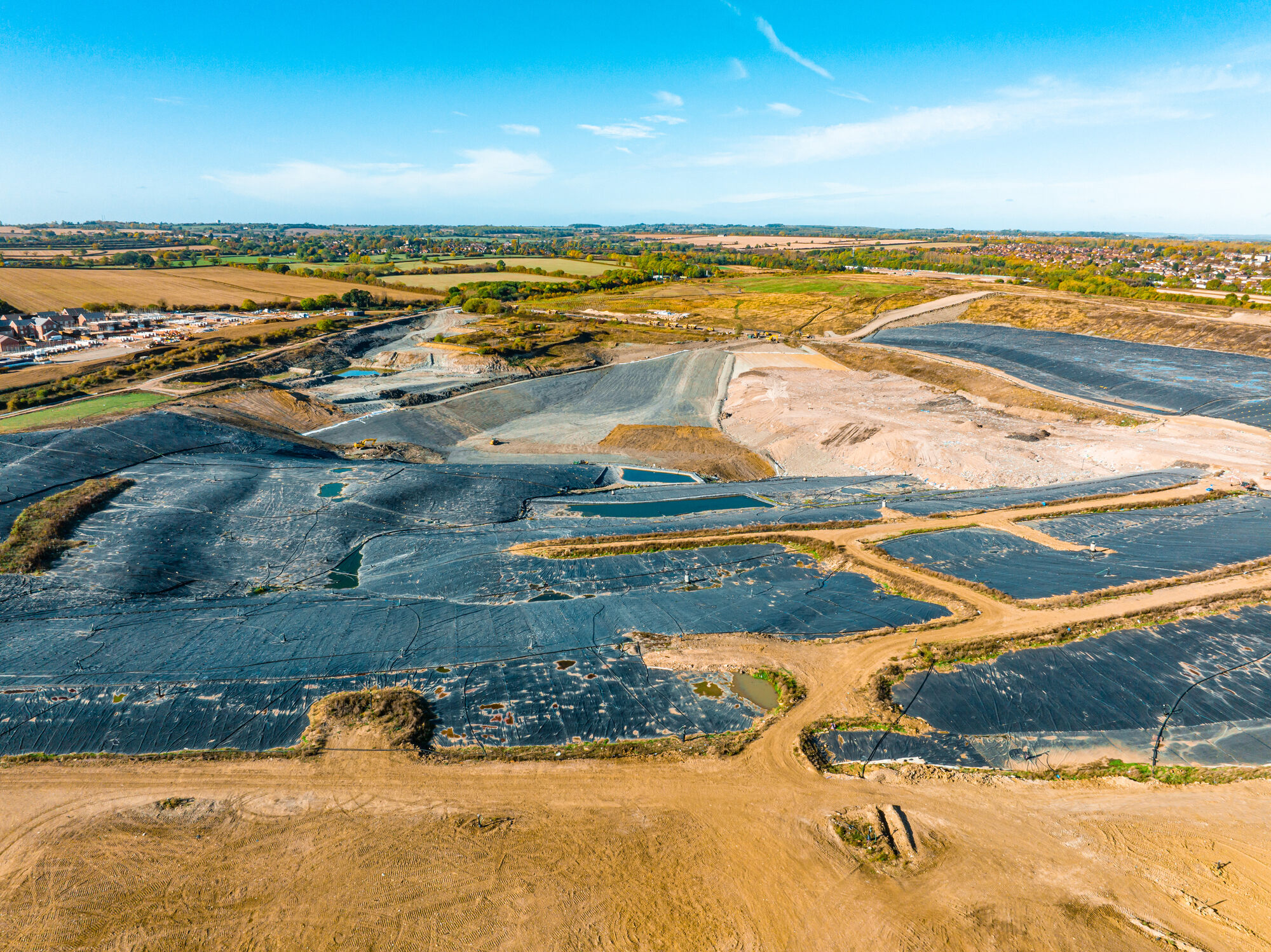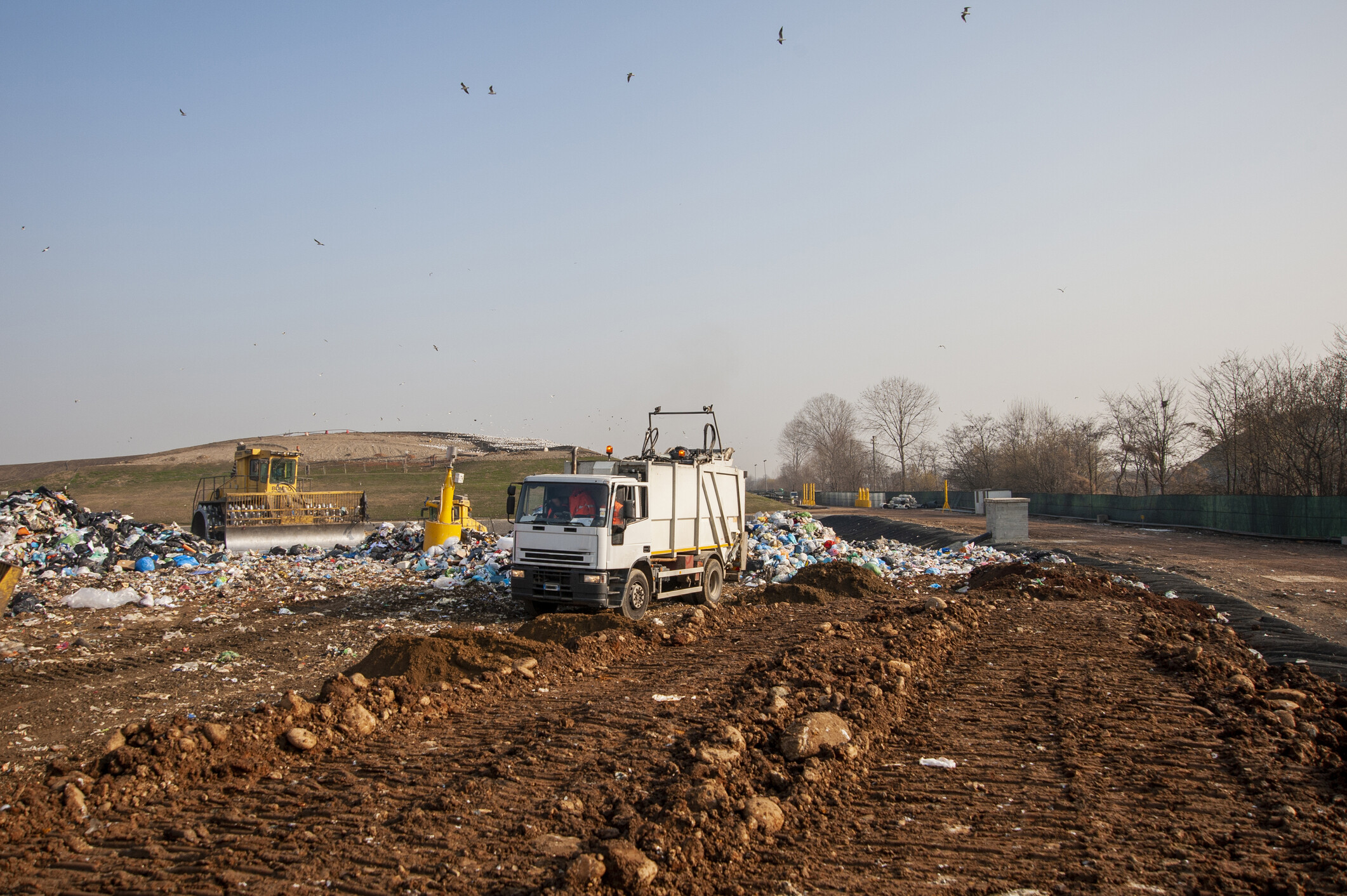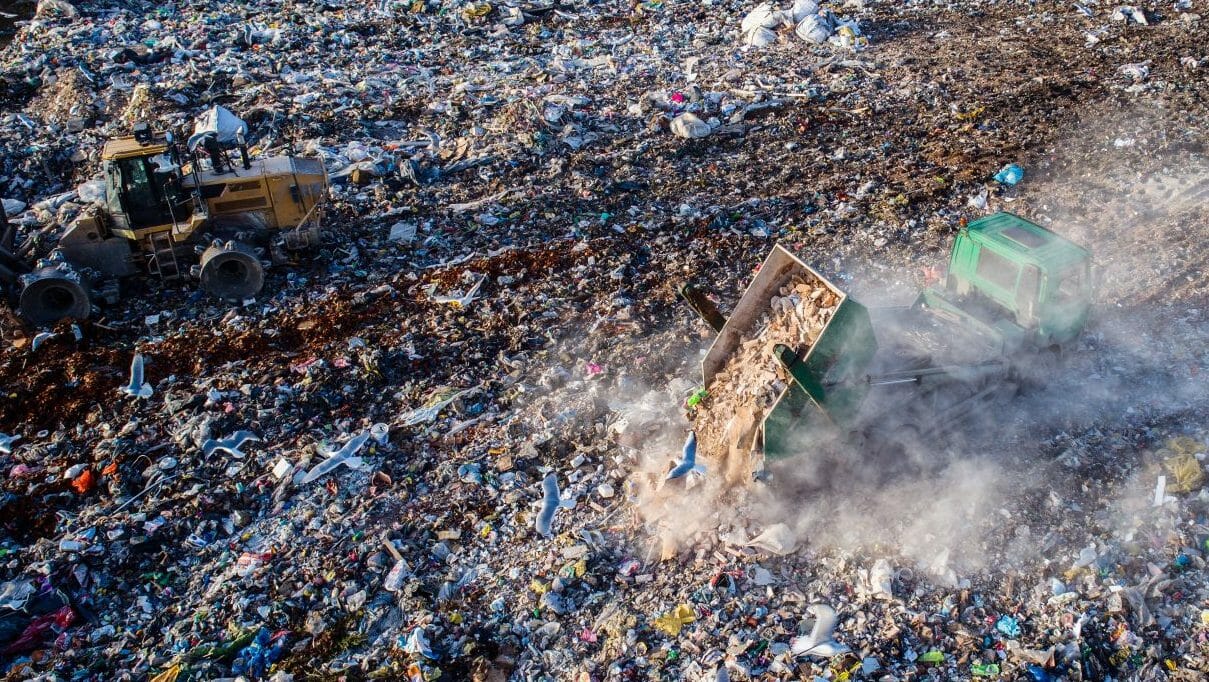Resolve Emerging Environmental Problems
Manage risk with industry-leading PFAS sampling and analysis solutions.
Per- and poly-fluoroalkyl substances (PFAS) are a diverse group of man-made chemicals that are resistant to heat, water and oil. Although these qualities are useful in manufacturing, they become problematic when buried in landfills.
Today, PFAS chemicals are considered toxic and they’re prevalent in our environment. Our waste streams are a large reason why.
Designed for resilience, they resist biodegradation, migrate into leachate, and eventually make their way into our drinking water and atmosphere. No federal regulations for PFAS exist, but health concerns have influenced many states to sample water supplies and establish their own guidelines or enforcement limits, which vary from state to state.

The Risk to Waste Facility Owners
As more data emerges about thousands of PFAS chemicals, waste facility owners should prepare for future regulatory changes. They are advised to develop response strategies that may include reviewing waste streams, sampling and testing leachate and water and/or developing systems to control contamination. By proactively gathering data and establishing a sound plan, potential liabilities could be avoided.

Partner With a National Leader in PFAS Research, Regulation and Waste Management
TRC delivers agility and peace of mind to waste facility owners by resolving landfill PFAS risks.
Our nationwide practitioners include leading PFAS specialists and site remediation experts with 50 years of experience in the cleanup and closure of solid waste sites and industrial impoundments.
We understand the intricacy of waste management operations, the sampling and analysis methods and the forensic assessment needed to identify PFAS and assess their fate and transport in the environment.
Our Center of Research and Expertise (CORE) is a national leader in PFAS toxicity, fate and transport, sampling, testing and remediation methods who can assure that testing programs are done properly and that treatment/disposal plans are in place to control impacts. In addition, TRC’s air emissions monitoring specialists develop, implement, and evaluate ambient and source testing for PFAS.






